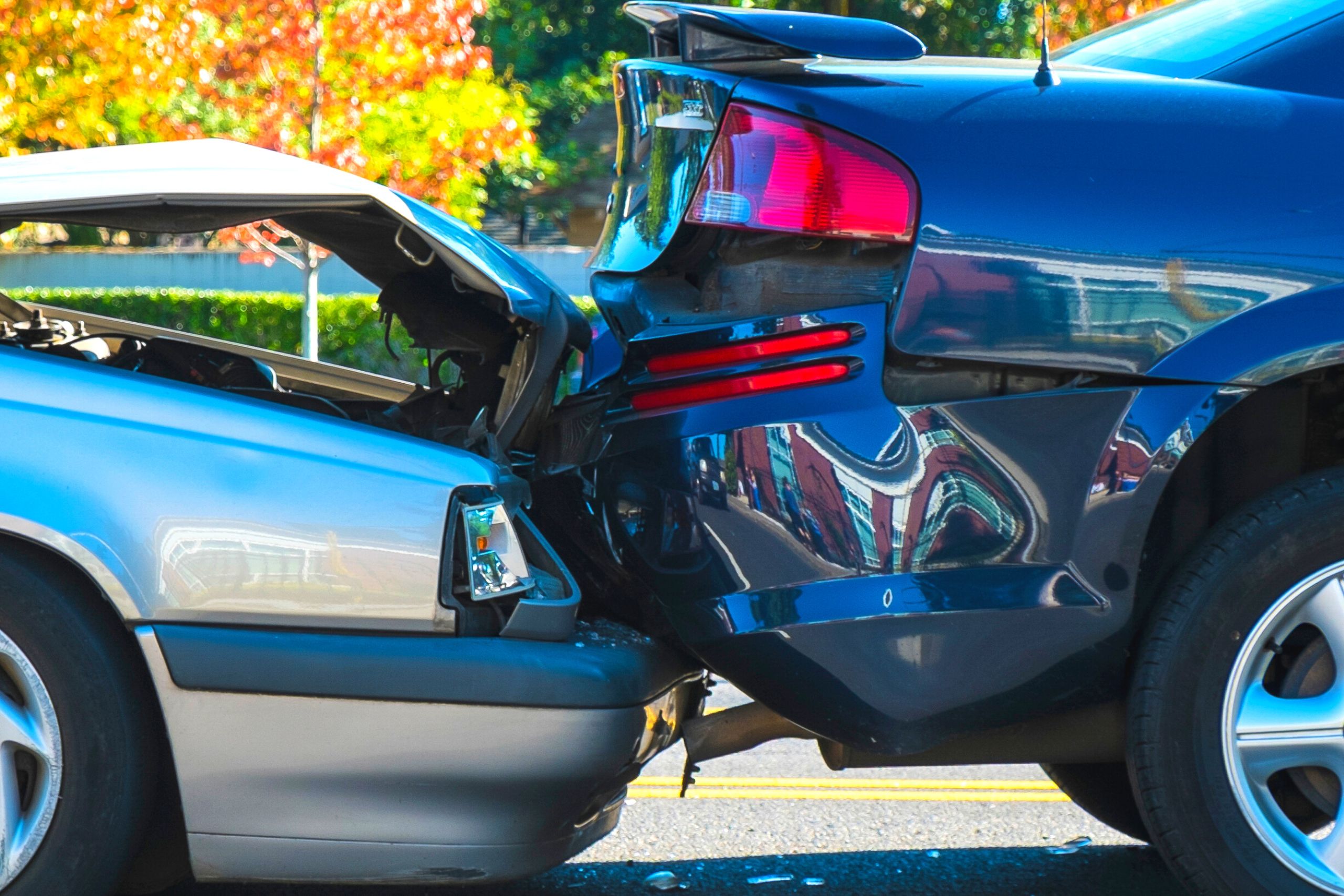Rear-end collisions are one of the most common types of Fort Lauderdale car accidents, and such circumstances create a rebuttable presumption that the driver in the rear was at-fault. But brake-checking – when a driver purposely slams on their brakes in order to scare or intimidate another driver – can be the basis to refute…
Continue reading ›Articles Posted in rear end crash lawyer
Client Reviews
I have worked with Richard, a true professional and trusted source. He has shown great strength and ability to lead is his greatest asset. His office support team cultivates a culture that executes obtainable turnaround results. Thank you Ansara Law Office.
The man. Twice I had problems with the law and twice he took care of me. A no nonsense kind of Lawyer. If you want your problems to go away, look no further. This guy is your Lawyer. I love you Rick, thx for all your help.
Great attorney and person to know. Came all the way from Fort Lauderdale to help me with a civil issue in St. Petersburg. Thank you for all your help, Rick!
I would recommend Richard to anyone and I would hire him again with out hesitation. I did not know Richard Ansara. I found him on the internet. I live in another state so I had to trust. I left a message. I got a call back from Richard. He invested a lot of time just listening to what I needed him...
The best lawyer I ever had. Very efficient and professional. The staff is amazing. He took care of my case very quickly and for an affordable price.














